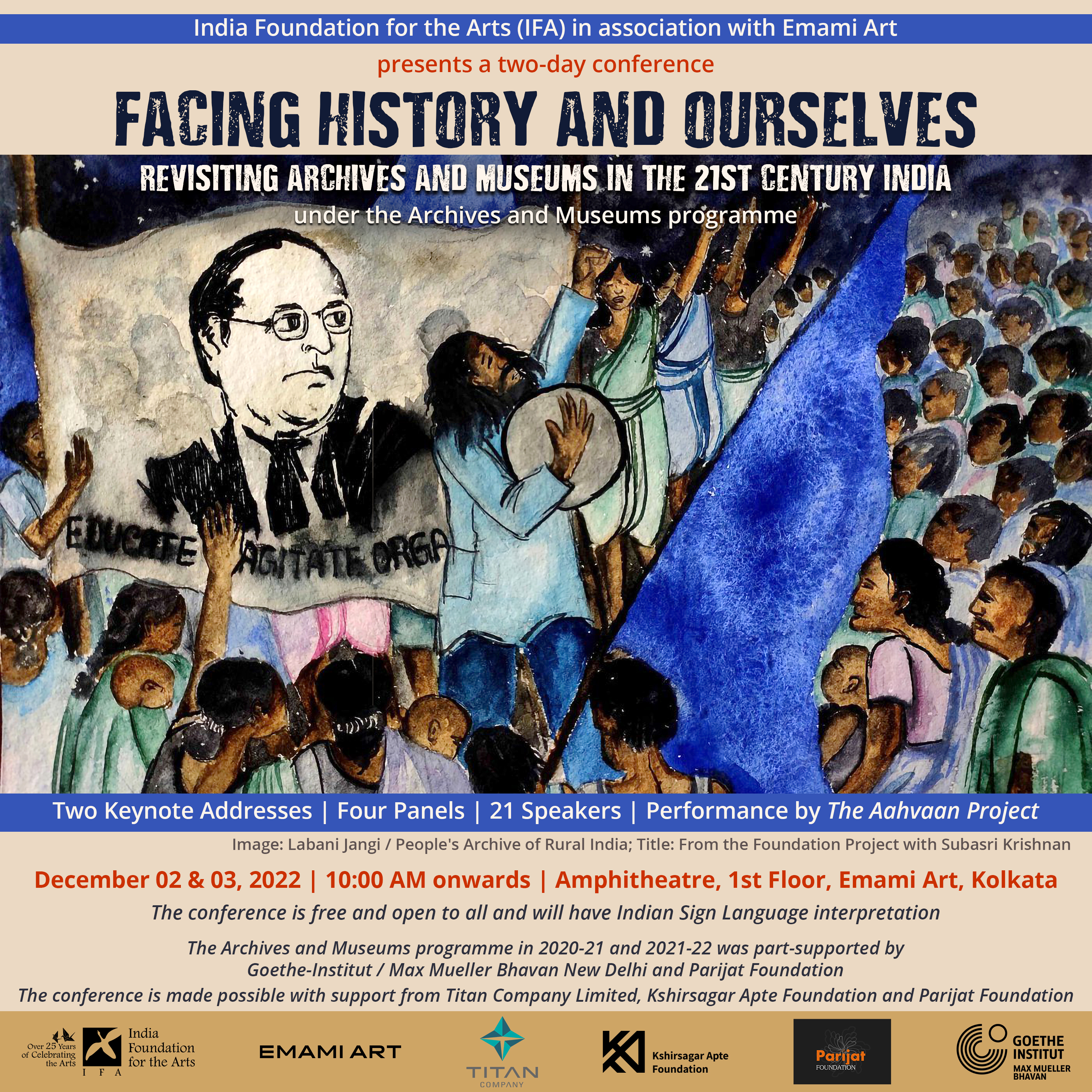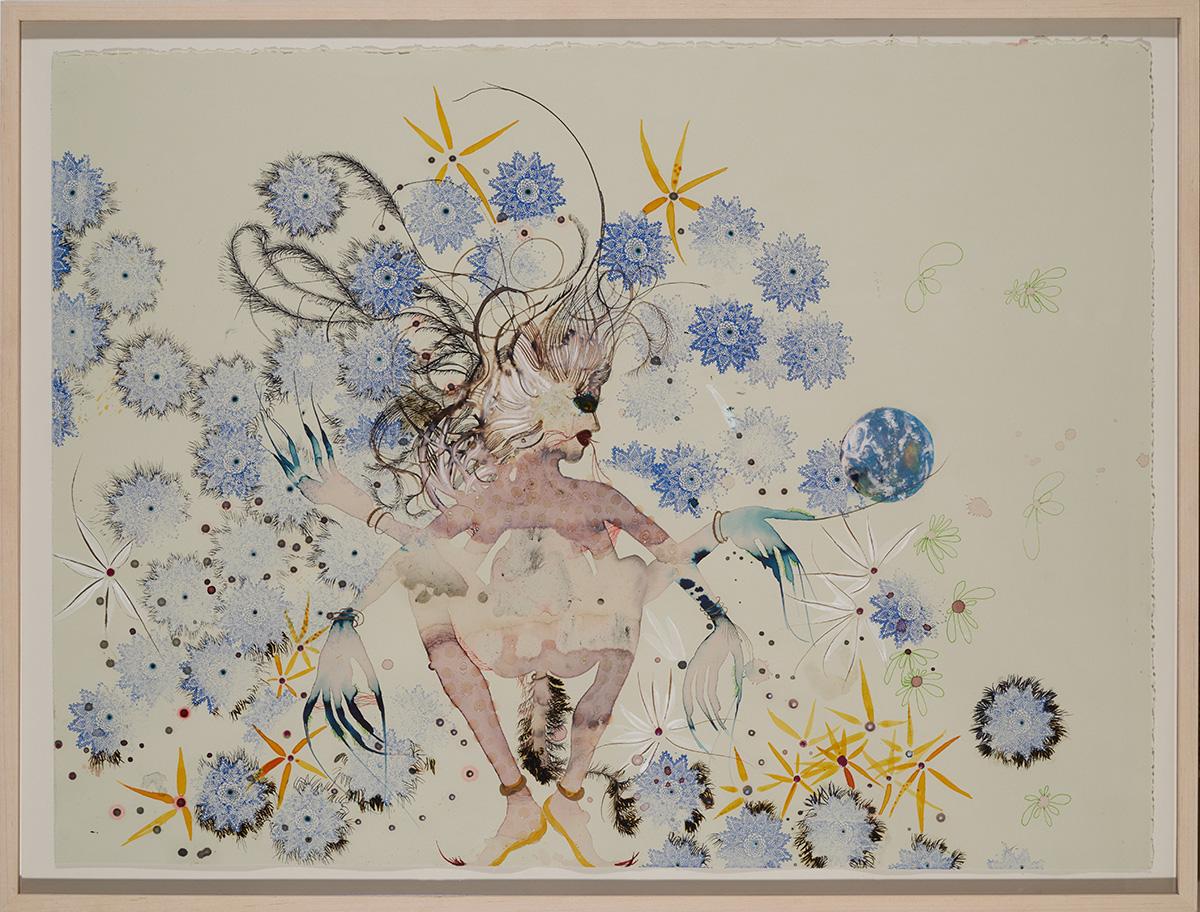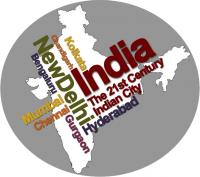India in the 21st century has seen significant changes and developments in various fields, such as politics, economy, society, and technology. The country has made significant progress in areas such as economic growth, infrastructure development, and technological advancements, while also facing challenges such as poverty, corruption, and social inequality.
One of the major developments in India in the 21st century has been its rapid economic growth. In the early 2000s, India underwent a process of liberalization and globalization, which led to the opening up of its economy and the expansion of trade and investment. This, combined with favorable demographic factors, such as a young and growing population, has led to an increase in GDP growth, which has averaged around 7% per year in the past decade. The growth of the service sector, particularly in areas such as information technology and business outsourcing, has been a major contributor to this economic expansion.
Another significant development in India in the 21st century has been the expansion of infrastructure, including the construction of roads, airports, and ports. This has been crucial for the growth of the economy and has improved connectivity within the country. The government has also focused on the development of clean energy sources, such as solar and wind power, to meet the growing energy demands of the country.
However, despite these developments, India still faces significant challenges. One of the major challenges is poverty, with a significant portion of the population still living in poverty and lacking access to basic necessities such as clean water and healthcare. Inequality is also a significant issue, with a large gap between the rich and the poor. Corruption remains a persistent problem, with corruption scandals frequently making headlines in the media.
In terms of social issues, India has made some progress in recent years in areas such as education and healthcare. However, the country still faces significant challenges in these areas, with a high level of illiteracy and a shortage of trained healthcare professionals. There are also ongoing issues related to gender equality, with women facing discrimination and violence in many parts of the country.
In conclusion, India in the 21st century has made significant progress in areas such as economic growth and infrastructure development, but it still faces significant challenges, including poverty, inequality, and corruption. In order to address these challenges and continue its development, the government and society will need to work together to address these issues and ensure that the benefits of economic growth are shared by all members of society.







